From drones and AI to nukes - terrifying ways UK's enemies could attack us
The Government's Strategic Defence Review outlined the ways Britain is vulnerable to attack, as well as the capability of states like Vladimir Putin's Russia and China
Hello and welcome to Hostile World with Chris Hughes, a weekly newsletter about the world of defence and geopolitics. You can subscribe here and follow me on Twitter @defencechris. Thank you!
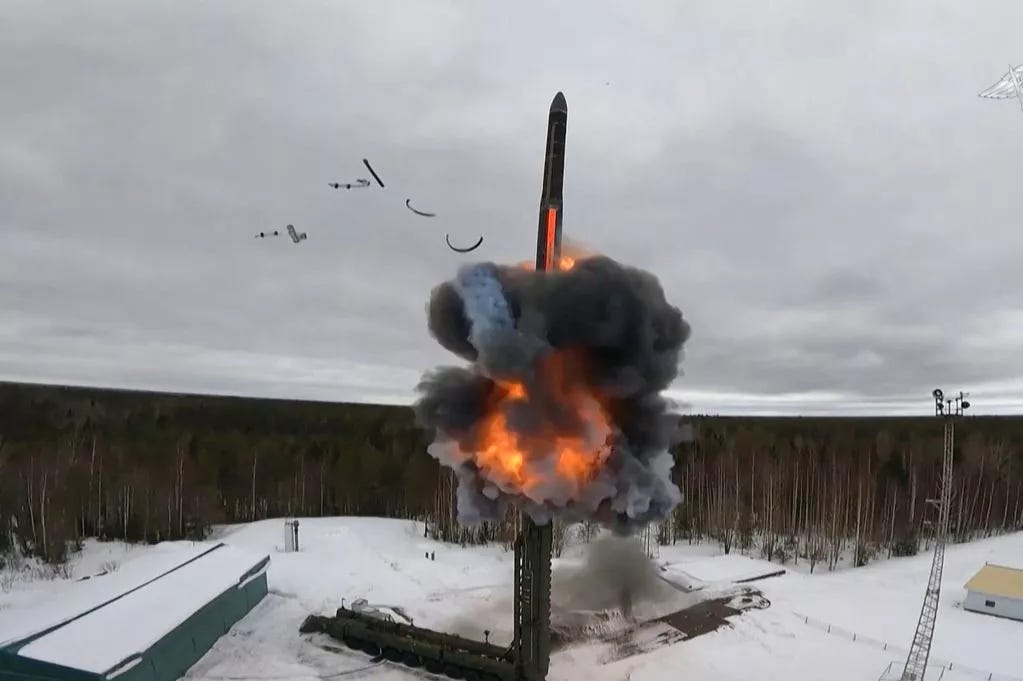
The Government released its Strategic Defence Review (SDR) last week, laying bare where the UK is vulnerable to attacks from enemies. From nukes, drones, pathogens and rogue countries, experts are warning that the battlefield is changing and the UK must be prepared to meet the challenge.
The report said the UK must address a “hollowing out” of its armed forces, calling stockpiles “inadequate”, all while there is an increasingly aggressive Russia, a China that wants to double its nuclear warhead silos and emerging threats from Iran and North Korea. Defence secretary John Healey said the Government has an “ambition” to reach three percent during the next parliament, which is due to end by around 2034.
The threats highlighted in the report are varied, but paint a picture of exactly how life for the average Brit could be affected if state-on-state war was to break out. So what are the threats facing the UK today, and how might we stop them?
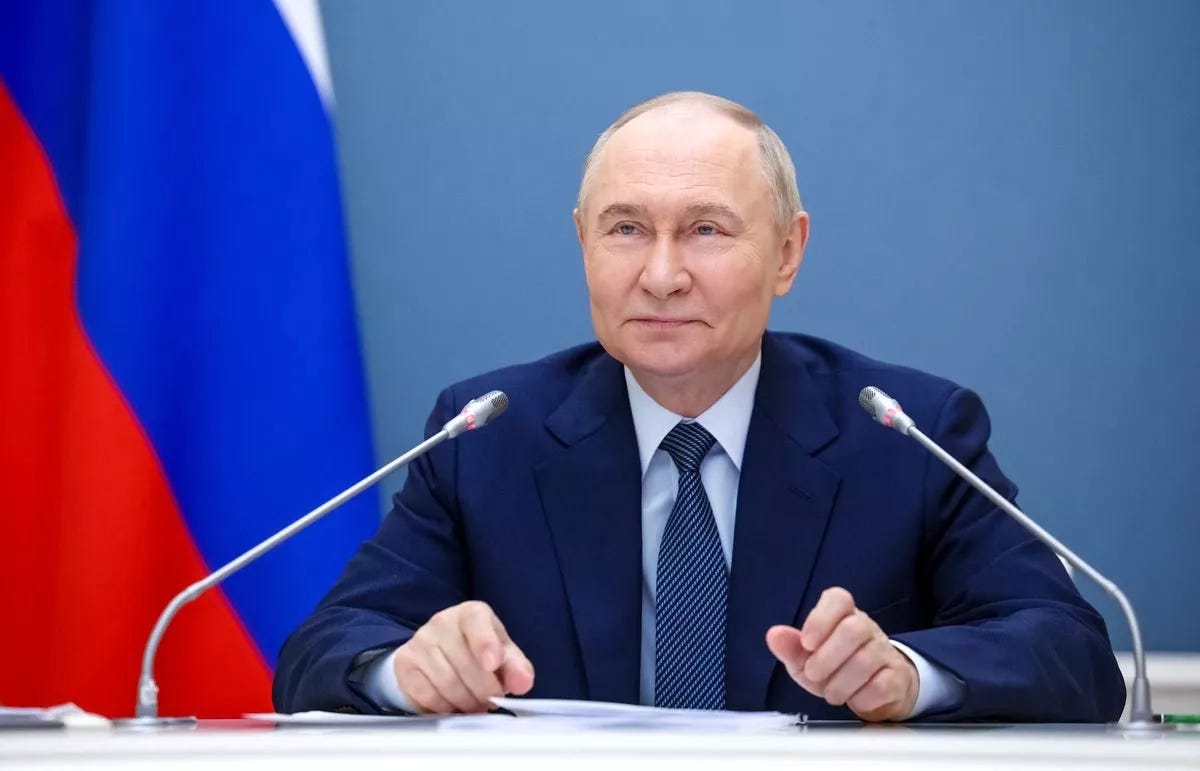
Russia
There are concerns that a future peace deal in which Russia would likely keep control of occupied eastern Ukraine would lead to an emboldening of Vladimir Putin's forces and an advance on former members of the Soviet Union. Analysts think the Baltic states are most at risk, with Estonia, Lithuania and Latvia giving Russia greater access to the sea and therefore posing a potential risk to the Nordic countries, Poland and Germany.
Russia is also a major nuclear power, with an estimated 5,459 nuclear warheads. Its military has an estimated 1.32 million active military personnel, increased to 3.57 million when including reserve forces.
After Sir Keir Starmer said the UK needs to move to a "war footing", Kremlin-funded cranks on Russian TV warned of nuclear Armageddon facing the UK. Political scientist Dmitry Evstafiev told viewers: "But they understand that if the plan for direct military confrontation with Russia, which he is talking about, is implemented, they will all be dead. Quickly and painfully, because death from radiation is not the best kind of death."
China
China’s communist leaders in Beijing have been biding their time to launch an invasion of Taiwan. US Defense Secretary Hegseth warned last week of an "imminent" threat to Taiwan during a high-level Asia defence summit. The warning rattled the international community as the last time US officials warned of an "imminent" threat, Russia invaded Ukraine.
The SDR said: "China is increasingly leveraging its economic, technological and military capabilities. This includes: a vast increase in advanced platforms and weapons systems such as space warfare capabilities, an unprecedented diversification and growth of its conventional and nuclear missile forces with missiles that can reach the UK and Europe.”
A Chinese invasion of Taiwan would also benefit the former due to world-leading Taiwanese microchip manufacturing, vital for tech such as AI and 5G, among others.
China’s military is estimated to have around 600 nukes and 2 million active military personnel.
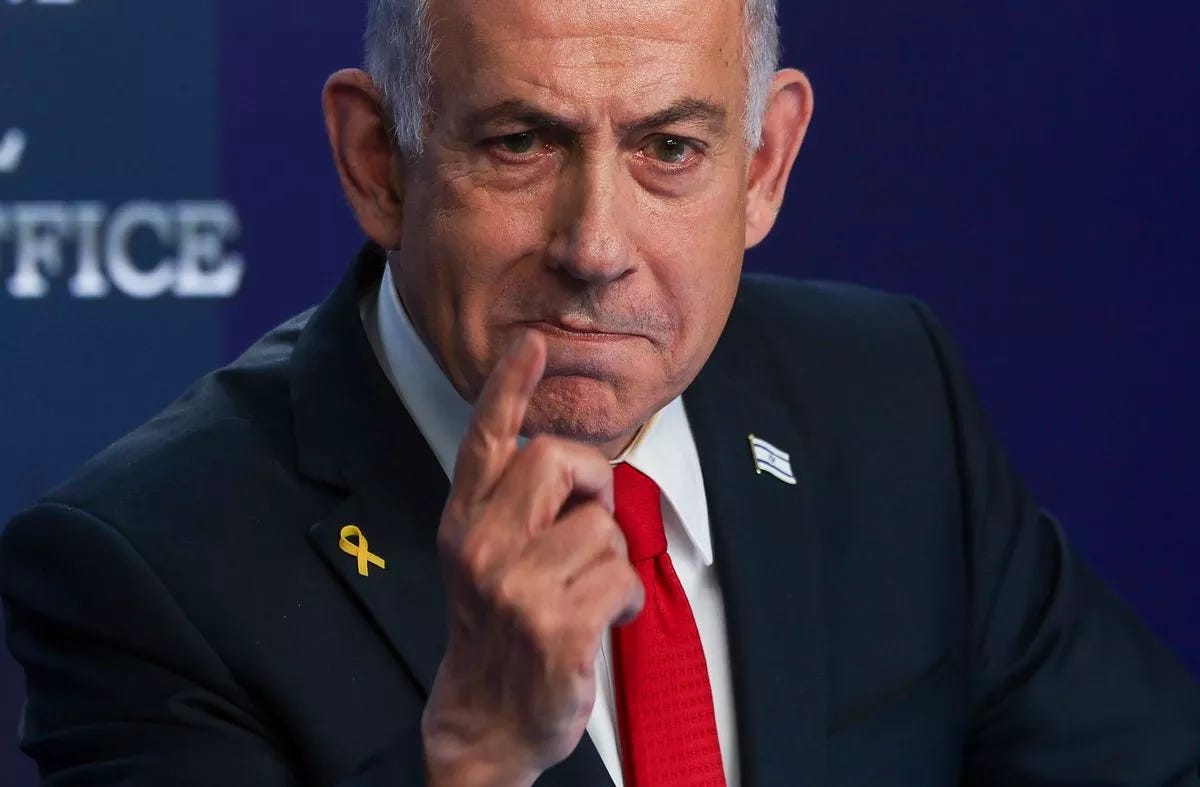
The Middle East
Concerns of further conflict in the Middle East remain, with eyes fixed on the potential for escalation between Israel and Iran. Recently, Israeli prime minister Benjamin Netanyahu seized on his military advantage to dismantle Hamas and Iran-backed Lebanese terrorist organisation Hezbollah. Denied of Hezbollah's backing, Syrian militants dethroned the Assad regime that had destroyed the country in a vicious civil war and, in effect, toppling one of Iran's major allies in the region.
On Iran the report says: “Iran will continue to conduct destabilising activities across the region, including sponsoring proxies such as Hamas, Hezbollah, the Houthis and Iranian aligned Iraqi militias. Its escalating nuclear programme presents a risk to international security…"
North Korea
The report adds that both Iran and North Korea "are developing missile programmes with growing reach and they continue to pose a direct threat to the UK in cyberspace.” Indeed, North Korea is believed to be sponsoring cyber hackers to steal UK nuclear secrets according to the National Cyber Security Centre (NCSC).
North Korean troops are also already on the ground as part of Putin’s cannon fodder infantry in Ukraine, along with the DPRK’s special forces. The state run by brutal dictator Kim Jong-un also has an estimated 90 nuclear warheads.
Drones
Military drones and autonomous systems will receive a £4 billion investment. Investment will also the establishment of a new “drone centre” to accelerate the deployment of the technology by all three branches of the Armed Forces.
The startling effectiveness of battlefield drones has been made yet more obvious following Ukraine’s stunning attack deep inside Russia’s territory. Carried out by the Ukrainian Security Service the SBU, more than 40 Russian military aircraft were destroyed in the Sunday attack, Kyiv said.
A military official said the far-reaching attack took more than a year and a half to execute and was personally supervised by Ukrainian President Volodymyr Zelensky. It saw drones launched from trucks close to the bases in five Russian regions.
The attack showed the deep penetration into a nation’s defences that drones can have if used in such a way. Russia’s military defences were left with virtually no time to prepare.
Drones have dramatically changed how militaries view the battlefield. They are cheap to use compared to expensive artillery shells and missiles and can be easily operated.
Discussing the future role of the British Army, the review said “investment in attack and surveillance drones should be prioritised, along with counter-drone systems”. Mr Healey also said “drones now kill more people than traditional artillery in the war in Ukraine, and whoever gets new technology into the hands of their Armed Forces the quickest will win”.
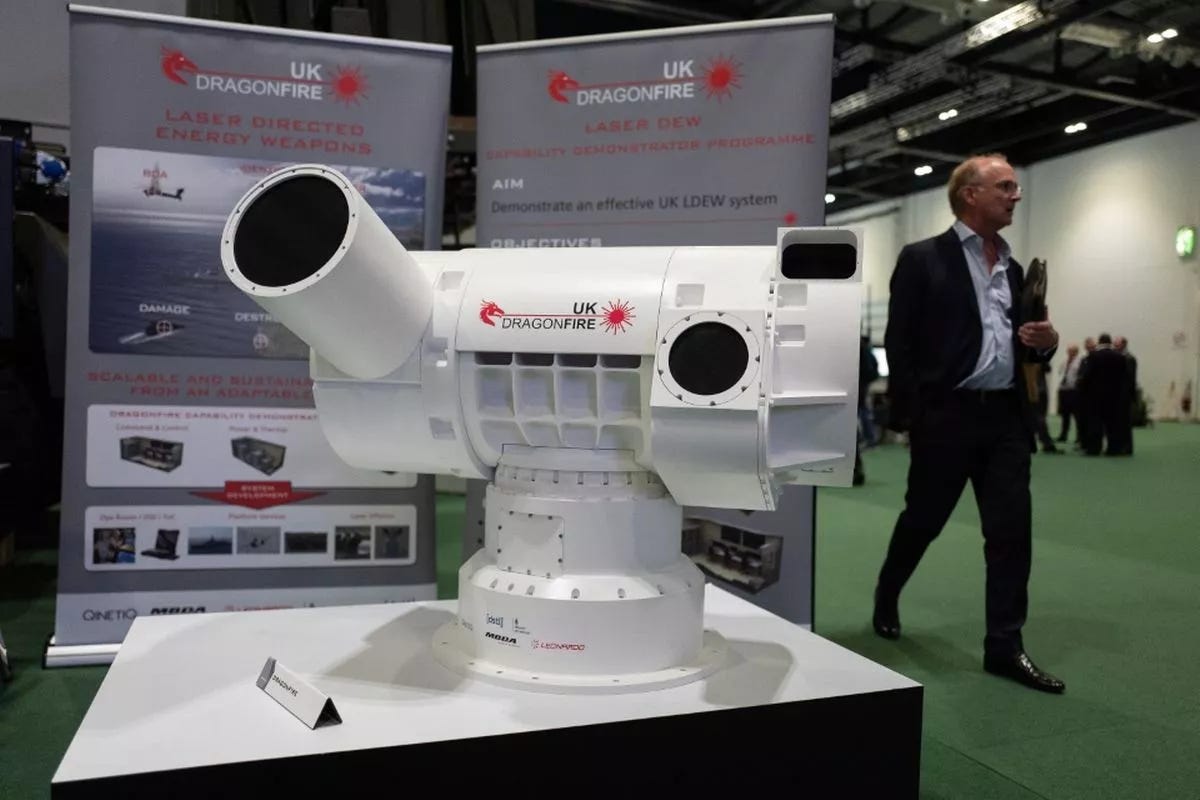
Air attack defence
In addition to investment in drones and AI, the Government has announced an additional £1 billion for the development of “directed energy weapons” (DEWs) during the current parliament.
This includes the DragonFire laser scheduled to be fitted to the Royal Navy’s Type 45 destroyers from 2027, with a similar system provided for the Army by the end of the decade. DragonFire and other DEWs are intended to provide a lower-cost form of air defence against targets including drones, costing just £10 per shot compared with the thousands of pounds it costs to fire existing weapons.

How else could we be impacted?
The SDR said that in the event of a state-on-state war, the UK could see some or all of the following:
Attacks on the UK Armed Forces in overseas bases
The manipulation of information to “undermine social cohesion and political will”
Air and missile attacks from cruise and ballistic missiles as well as drones. Military and critical national infrastructure on and offshore could be targeted
Attempts to disrupt the UK economy
Cyber attacks
Impacts on maritime trade
Attacks on space-based infrastructure such as satellites
Attacks to undersea cables that carry around 95 percent of the UK’s data
The SDR also said technologies like AI, advances in quantum computing, robotics and space-based capabilities are also “redefining warfare".
Nuclear Weapons
At least six new munitions factories and a £15 billion investment in nuclear warheads were among the measures Sir Keir Starmer said would be taken to boost the UK’s defence. The £15 billion investment in a “sovereign warhead programme” will be “part of the historic renewal of our nuclear deterrent as the ultimate guarantor of our safety and our security”, he added.
The UK is also looking at the potential return of air-launched nuclear weapons that have a smaller payload. This might mean using F-35A Lightning II fighter jets from the US.
Thank you
I hope you’ve enjoyed my latest newsletter. If you have been forwarded this email and would like to sign up, you can do that right here.
Let me know your thoughts in the comments and see you next week,
Chris





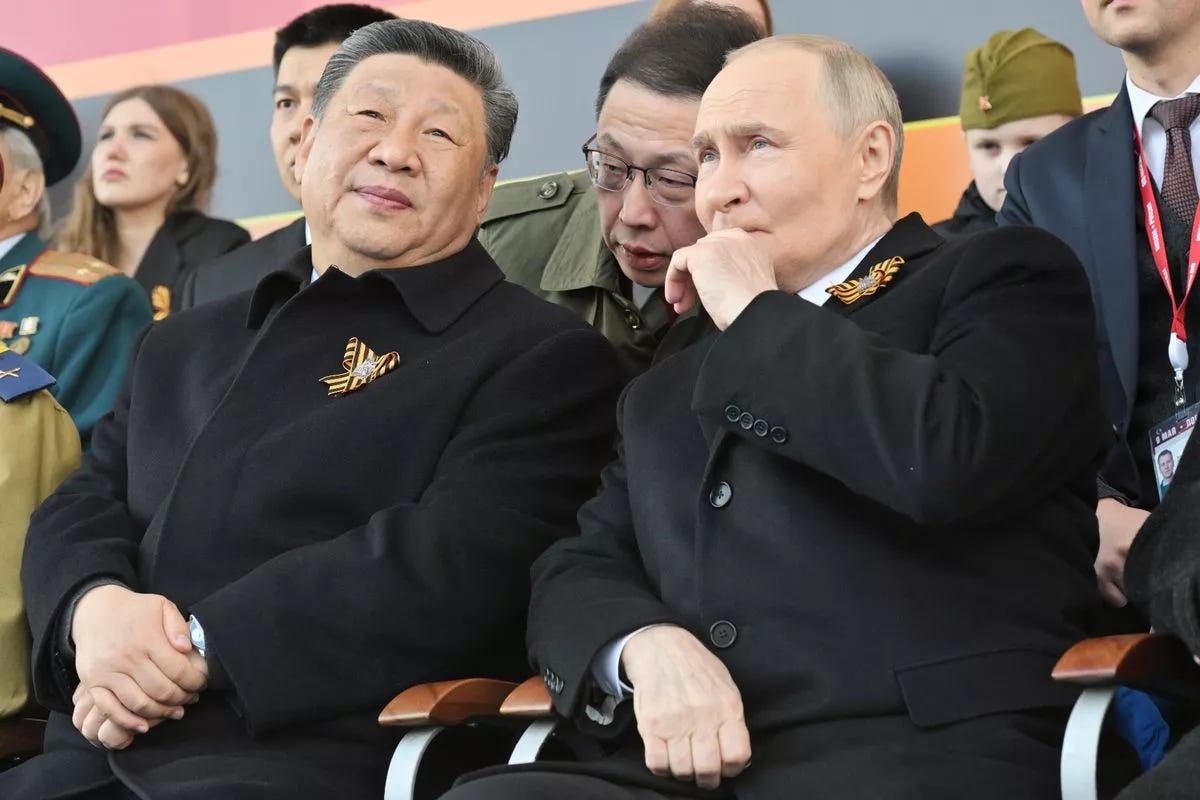
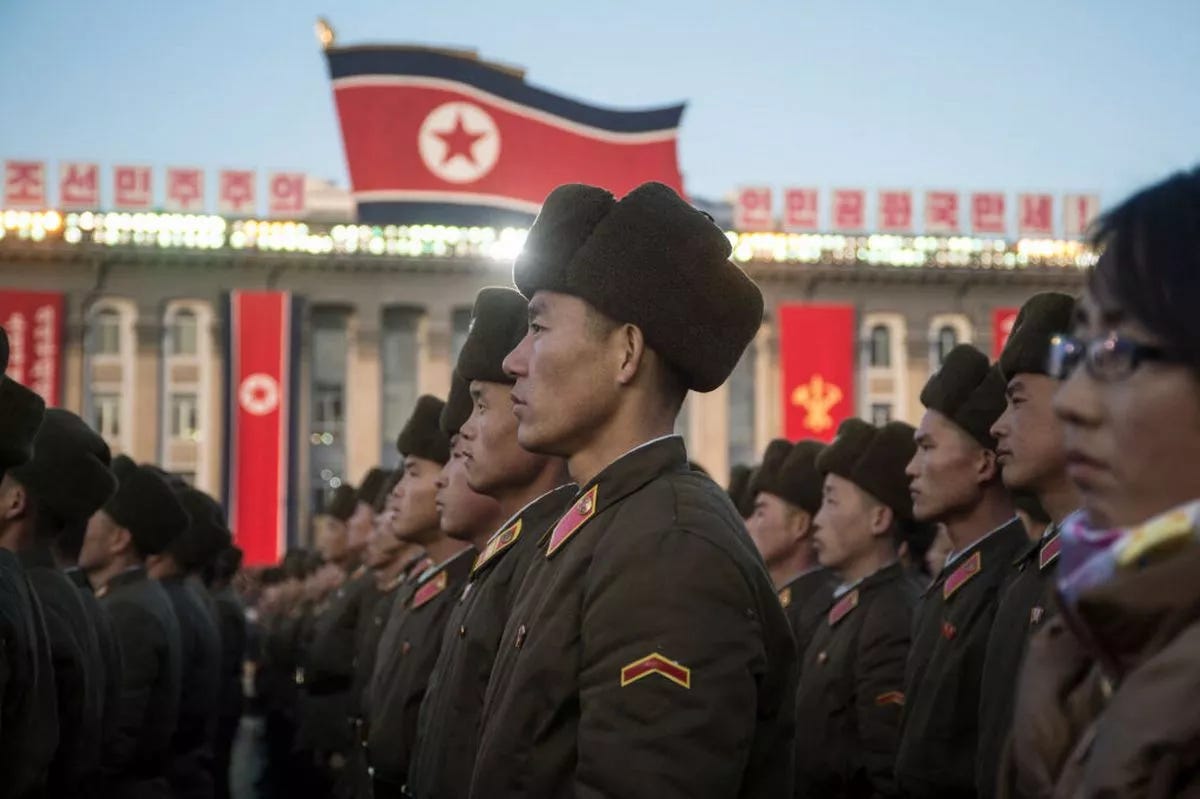


A CONFLICT CAN BREAK OUT AT ANY TIME ANYWHERE IN THE WORLD
THE GOVERNMENT SHOULD BE AIMING FOR A BUDGET INCREASE SOONER RATHER THAN LATER WITH REGARDS TO THE DEFENCE BUDGET